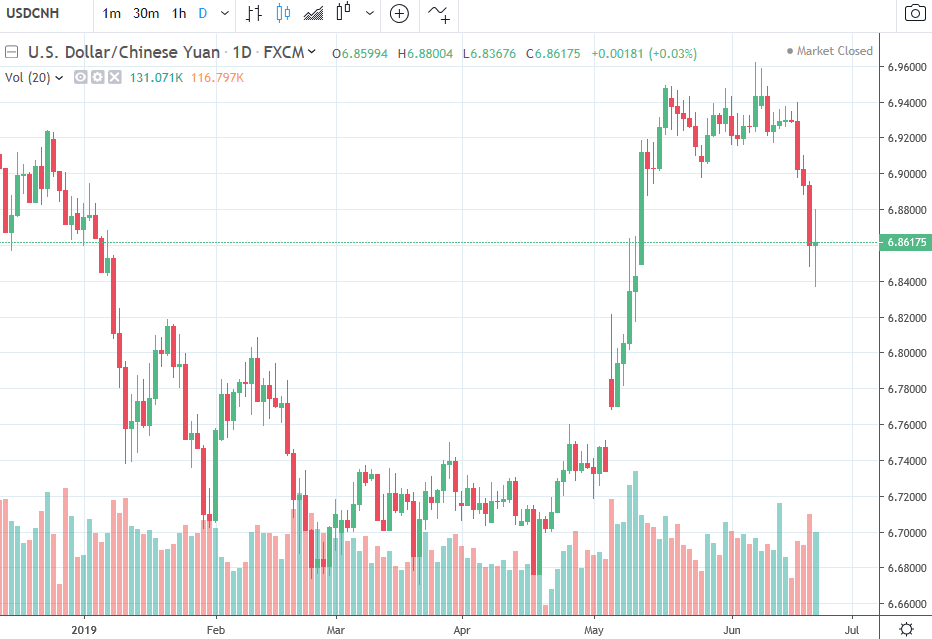
To read more enter password and Unlock more engaging content

“The market can remain irrational longer than you can remain solvent.” –Not John Maynard KeynesI am reading a pretty good book by an industry expert that (like so many others) is a semi-autobiographical mix of business and personal history. The introduction to the book is a broad, throat-clearing exercise, outside of their expertise.And I begin to notice a few errors.Little things at first: dates, market levels, valuations. The narrative history about the GFC. It jars. I got a sense a publisher/editor type scanned the book and declared “This needs an intro.” Thus, a section gets written without the same love as the main (more interesting) story. As far as I can tell, the heart of the book (which is outside my area of expertise) is error-free. But these small misstatements are revealing about the industry: Publishers have morphed into mere copy shops, shadows of their former selves, no longer bothering with editing, fact-checking, etc. They have become glorified, spell-checking, xerox machines.The errors are about things within my area(s) of expertise. It gnaws at me. So much so that when I come to the famous Lord Keynes quote above within the context of this throwaway chapter, it bothers me. This forces me to question whether it too is wrong.Full disclosure: I have used that quote too many times to count. Mostly verbally, sometimes on social media, occasionally in print. Never once was I self-motivated to see if it was truly written by Keynes.1 My assumption was that it was Keynes, simply because every utterance of his has been poured over and annotated since the day they were made.We have all used that line because it is a brilliant insight into the madness of markets, a reveal of human psychology, and the ugly reality that you can be right and still lose money. Of course it was by Keynes! Who else is wise enough could to utter such pithy insight about the human condition as manifest in capital markets?Despite everyone knowing this was John Maynard Keynes, I wanted to confirm these were really his words. I cannot say why it felt wrong to me, it just did. Read enough media, books, news, etc. and your Spidey-sense will tingle about these things. (more…)




